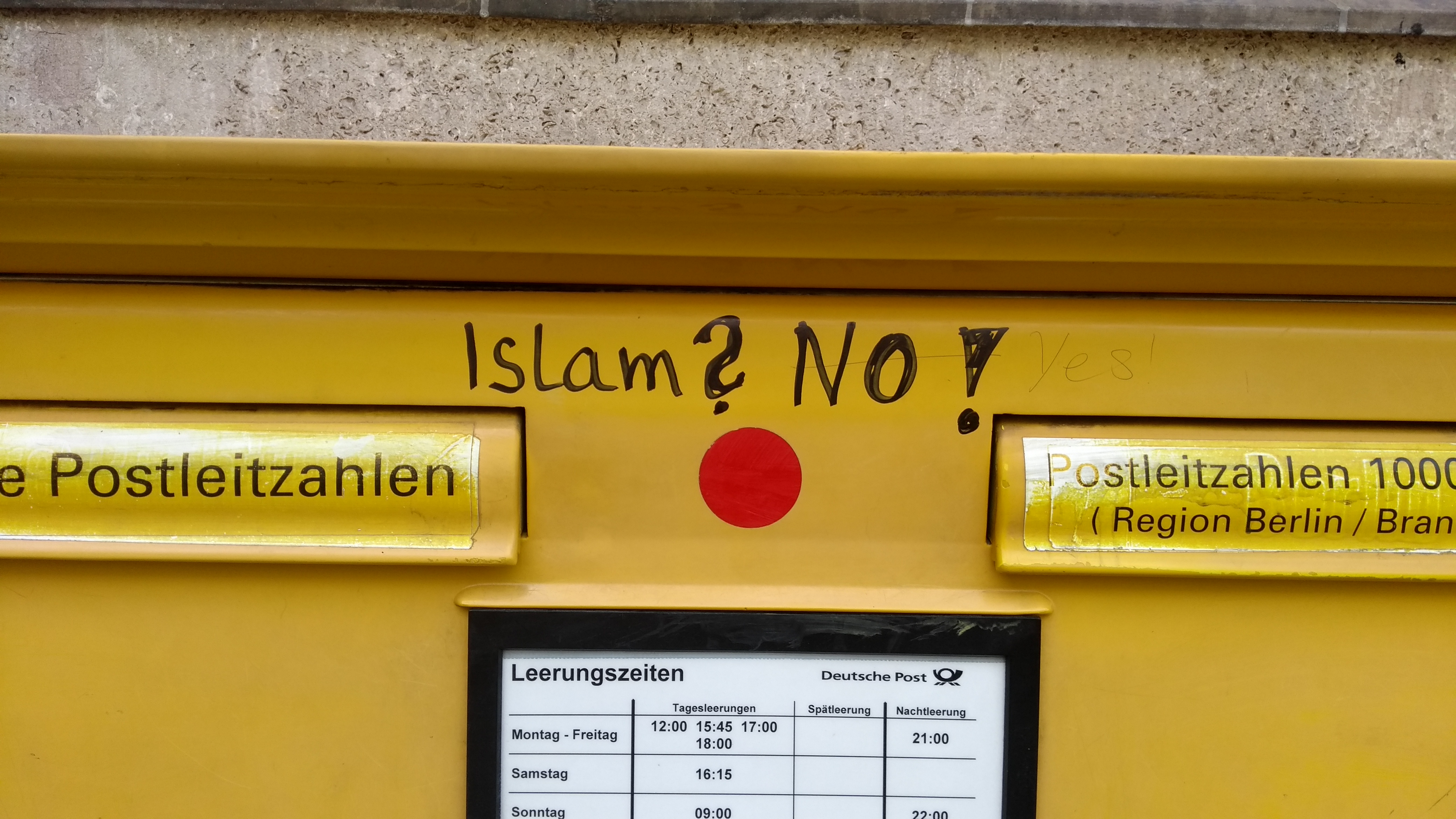As Germany prepares to go to the polls, there are many inside the country who will not be able to cast a ballot on September 24th: roughly 10 million of Germany’s 82 million inhabitants do not hold German citizenship. Of these, 5.7 million residents have a non-EU nationality.1
No vote at the end of an immigration-centred campaign
Roughly 1.3 million men and women from outside the EU have arrived since 2014 – most of them refugees from Muslim-majority countries in the Middle East. Whilst they will not be able to vote themselves, they have nevertheless figured prominently in political debates running up to the election, which displayed an ample (if often ill-informed) focus on immigration, crime and terrorism, as well as Islam.
In spite of their outsized presence in the electoral campaign, refugees’ own political leanings have remained by and large unexplored. In the last days prior to the vote, some of their voices are, however, being heard.
Disillusionment with a lack of opportunities
Two years after Chancellor Merkel’s momentous decision in early September 2015 to open Germany’s borders to refugees stuck on the Western Balkans route, the initial beneficiaries of this policy are by no means uniform in their view of the election.
For some, the journey through Germany’s immigration system and bureaucracy has been a thoroughly disillusioning experience. Speaking to the Tagesspiegel newspaper, Iraqi artist Akil expressed this dissatisfaction: “We are stuck in Germany”, he said. Whilst Merkel had opened the door to people fleeing war and misery, Germany’s rigid legal framework continued to prevent him gaining a foothold and starting a new life.2
Continued support for Chancellor Merkel …
Disenchantment might also lead refugees to remain aloof from politics altogether, since different parties are perceived to be mirror images of each other. For some, politics is also a bête noire for other reasons: having lost friends and family to the ongoing conflict in his home country, Syrian Mohammed al-Naid asserted that “politics only brings trouble”.3
Yet for a large number of those who have come to Germany in recent years, Angela Merkel continues to be a much-respected and even revered persona. They stress the Chancellor’s willingness to take them in at a time when neighbouring states and Muslim-majority countries refused to step up in solidarity4 – a sentiment shared among many in the Arab world.5
… but an uneasy relationship with the CDU
Whether this could eventually translate into a higher level of support for the CDU among Germany’s Muslims remains to be seen. Not only will it take a long time for the recently immigrated refugees to acquire German citizenship (provided that they choose to do so); refugees’ loyalty is also oriented more towards Mrs. Merkel than her party.
Over her twelve years in office as Chancellor (and 17 years as chairwoman of the CDU), Mrs. Merkel has steered her party sharply to the political centre on a number of social issues, including immigration. Whilst she is expected to win a fourth term at the Chancellery this Sunday, her tenure will not last forever, raising the spectre of a return to a more conservative profile under a potential successor.
Particularly since Mrs. Merkel’s decision to allow the arrival several hundred thousand refugees, she has faced pressures from the party base. At the CDU’s last party congress at which Mrs. Merkel announced her intention to run for another term as Chancellor, the party forced her against her will to shift to the right on immigration, burqa ban, and dual citizenship.
German Muslims’ stance on immigration
Socially conservative Muslim immigrants and their offspring have long been touted as a potential electoral reservoir for the CDU. Yet at the ballot box many German Muslims may continue to feel that the Christian Democrats (and CDU’s Bavarian sister party, the CSU, even more so), do not govern in their interests.
This does not mean, however, that German Muslims are automatically supportive of a permissive immigration policy. Among the country’s Muslim population, fears about immigration seem almost as widespread as among members of mainstream society.
To be sure, German Muslims have been active volunteers in charitable efforts to help refugees. Yet many established Muslim voters also view new immigrants as potential rivals on already tight labour and housing markets. Others fear that immigrants from war-torn Middle Eastern countries might bring social unrest or even jihadist violence to Germany.6
Stability and change in Muslims’ voting behaviour
In sum, even without the votes of refugees who could express their gratitude to Mrs. Merkel, electoral analysts expect a slight uptick of the Muslim vote benefiting the Chancellor’s Christian Democrats. A recent poll suggested that 12 per cent of German Turks now support the CDU, compared to 9 per cent in 2013.7
This comes against the backdrop of a dynamic in which the traditional bond of Germany’s Turkish Muslims with the Social Democrats appears to be weakening. The scale of Germany’s Turkish, immigrant, and Muslim communities distancing from the SPD remains to be seen, however.
Recently, a rapper, enormously popular also among young refugees for his rags-to-riches story – his family had come to Germany in the 1990s as asylum-seekers from Iraqi Kurdistan – posted a photograph of his ballot paper on a social networking site. He had ticked the SPD’s boxes.8
Sources
http://www.zeit.de/gesellschaft/2017-06/auslaenderzentralregister-deutschland-auslaender-zuwanderung-gestiegen ↩
http://www.tagesspiegel.de/politik/bundestagswahl-2017-wenn-fluechtlinge-waehlen-wuerden/20359154.html ↩
http://www.tagesspiegel.de/politik/bundestagswahl-2017-wenn-fluechtlinge-waehlen-wuerden/20359154.html ↩
http://www.tagesspiegel.de/politik/bundestagswahl-2017-wenn-fluechtlinge-waehlen-wuerden/20359154.html ↩
http://www.zeit.de/politik/ausland/2017-09/bundeskanzlerin-angela-merkel-araber-fluechtlingsdebatte-wahl ↩
For such opinions, see http://www.spiegel.de/panorama/umfrage-stimmen-zur-deutsch-tuerkischen-beziehung-a-1137631.html or http://www.zeit.de/gesellschaft/2016-01/michel-abdollahi-angst-migranten-koeln ↩






